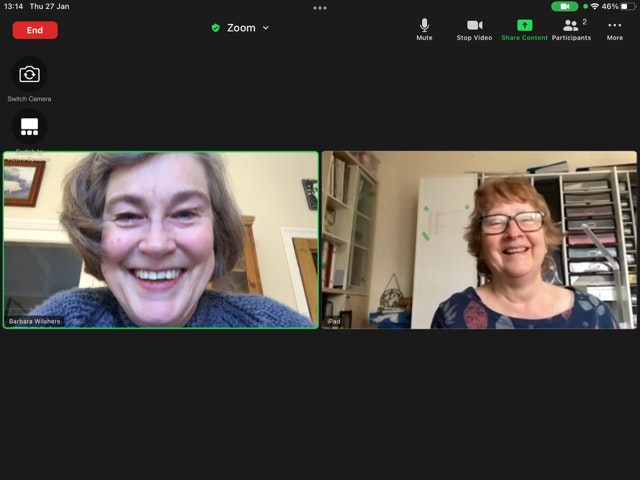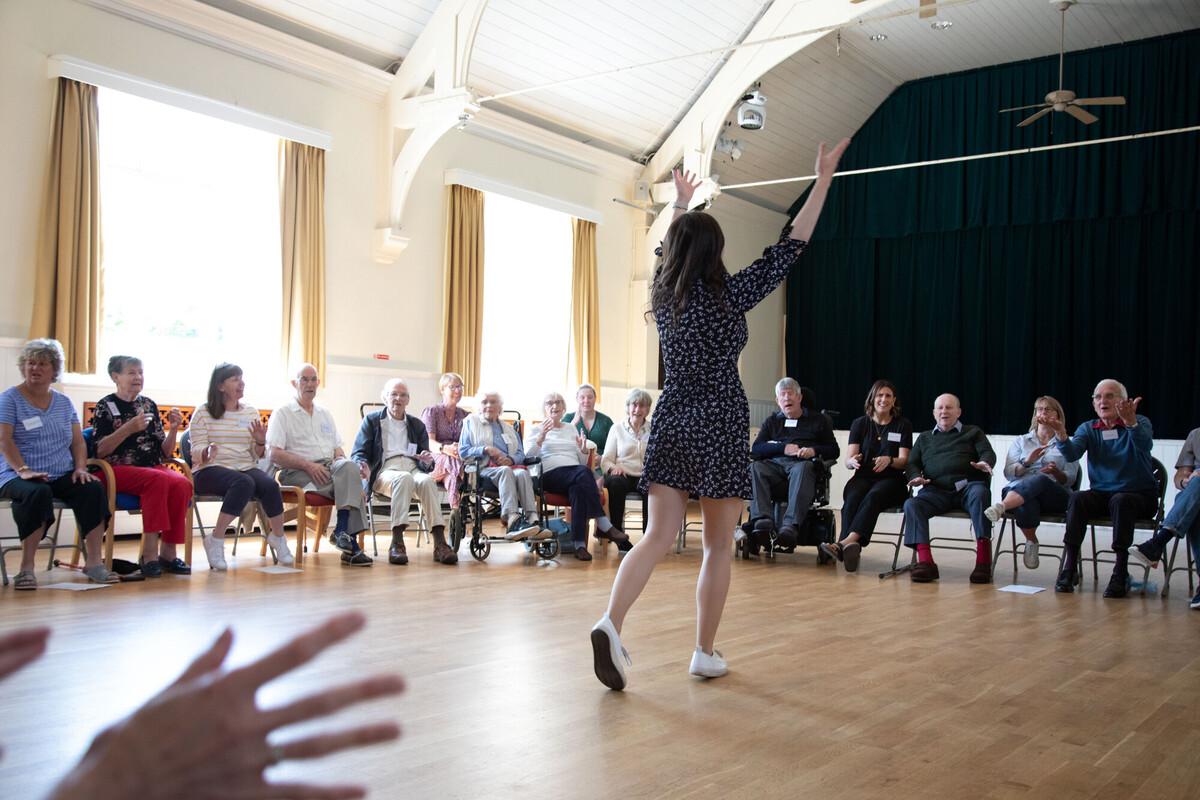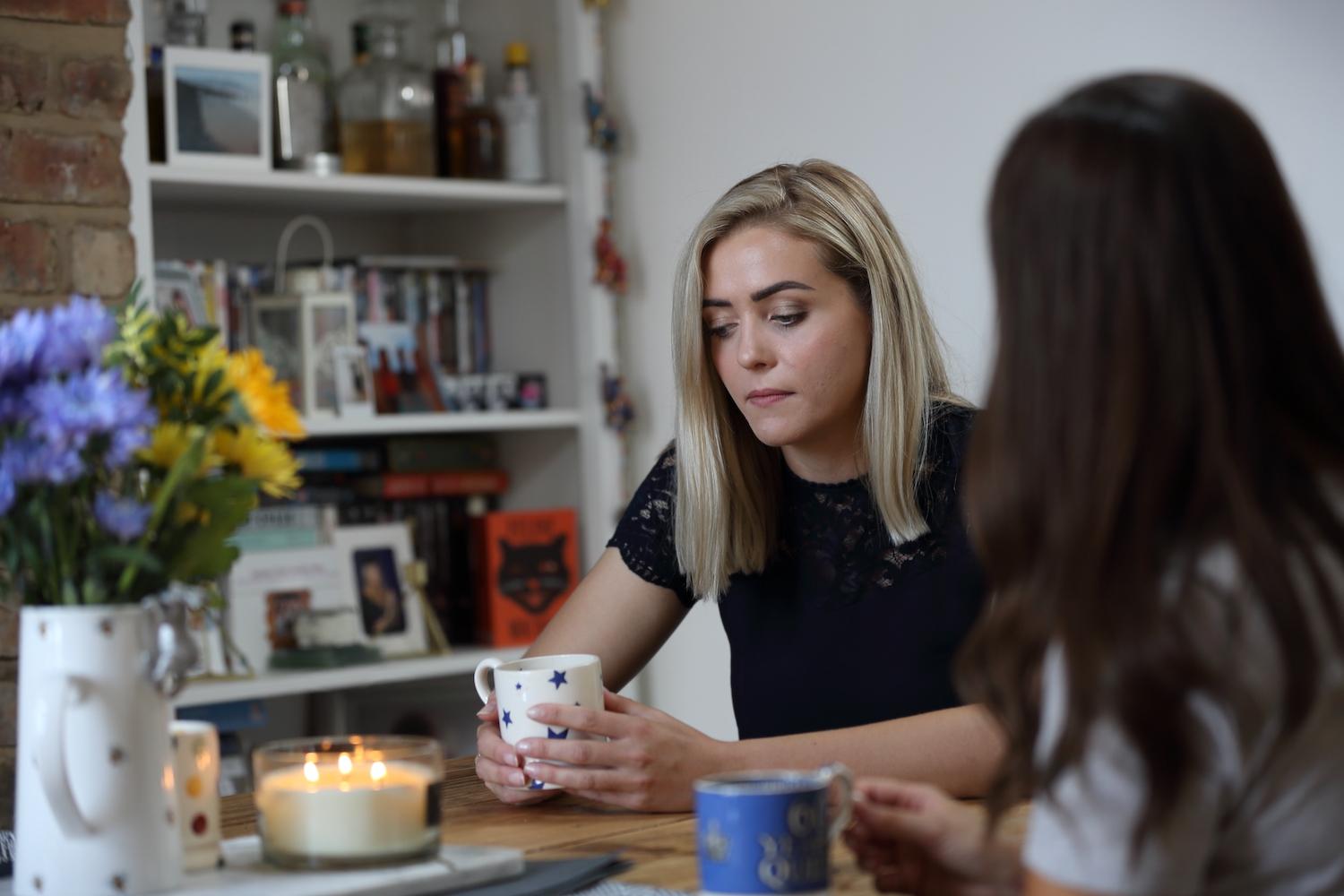In the age of social media, one can worry that storytelling could become extinct. But when someone relays an outrageous tale over a cup of coffee, we remember that storytelling is a core part of who we are.
It is how we instinctively entertain and, more importantly, how we connect.
Storytelling is at the heart of UK-wide charity InterAct Stroke Support. InterAct offers a creative rehabilitative therapy service using short stories. Their professional actors read to stroke survivors in hospitals and stroke clubs.
InterAct has been a successful charity for more than 20 years and reads in over 20 hospitals and 35 stroke clubs across the UK. InterAct’s service improves stroke survivors’ memory recall and language capacity. It also stimulates the imagination and boosts mood.
You can find out more about InterAct Stroke Support and the charity’s work via our website.
Accessing InterAct at home
Alongside the charity’s in-person work, InterAct has a virtual platform, InterAct at Home. This means stroke survivors can now access InterAct’s service from the comfort of their own home. InterAct at Home offers solo or group readings either online (via zoom) or over the phone.
The virtual service has a threefold benefit:
- the reading sessions continue the crucial language and memory work necessary in post-stroke recovery
- the sessions provide invaluable company and a social support system
- the sessions offer carers an additional support system
These sessions can include short stories, singalongs, chats and discussions. InterAct at Home provides a crucial service to stroke survivors post hospital discharge. InterAct’s actors create a friendly, non-judgemental environment.,They offer company and a creative outlet to stroke survivors at a critical stage in their recovery.

How does it help?
Research has shown that the pathways in the brain can be altered throughout adulthood. This is known as ‘neuroplasticity’.
Following a stroke, reading and talking can encourage the brain to make these changes. It wants to adapt and find new neural pathways to process and understand the words it is “hearing.”
This is called "adaptive rewiring".
InterAct’s services aim to use storytelling and conversation to encourage this adaptive rewiring.
How do the sessions work?
- One-to-one sessions last 30 minutes and a group session lasts an hour.
- A group session must be booked by a stroke group representative.
- Two sessions per week are free of charge to every stroke survivor. Should a stroke survivor wish for a third or fourth session per week, this will be charged at £15 per 30 min session.
- InterAct at Home is available to all stroke survivors, the charity with a wide range of access needs.
- The service is self-referring. If you are interested, you can book via the telephone (0203 886 1028) or online: https://www.interactstrokesupport.org/book-online
Looking for more?
Looking for other ways to engage with InterAct? Why not try our arts podcast, Right Side of the Brain?
As a charity that sits at the intersection between the arts and health sectors, Right Side of the Brain sees InterAct’s CEO, Nirjay Mahindru, interview a wealth of figures from the arts, health and cultural spheres.
Guests include stroke medical professionals like Marion Walker MBE and Anthony Rudd CBE. It also includes actors like Rupert Graves and Vanessa Bailey. You’ll also hear from reading enthusiasts like the; founder of the Chiswick Book Festival, Torin Douglas. And so many more!
New episodes are released monthly.
Other blogs in this category

Community, connection and coping - support for your mental health after stroke
Having stroke can impact on your daily life, relationships, and…
Learn more

Feelings of grief after a stroke
The process of coming to terms with a stroke diagnosis can be…
Learn more
